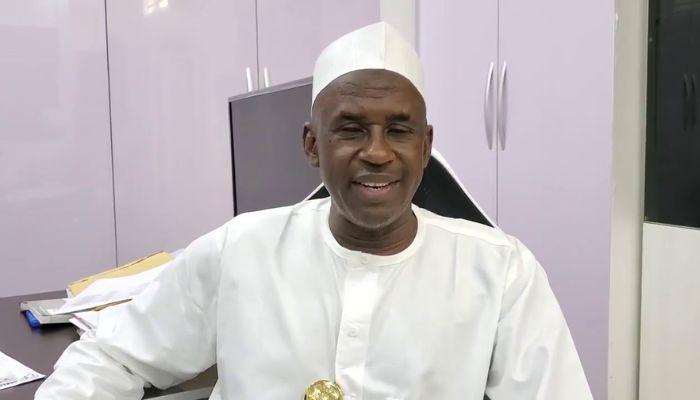Nigeria’s path toward a sustainable energy future hinges on strategic policies, adaptive technology, and stronger local supply chains, according to Shell Nigeria Exploration and Production Company (SNEPCo) Managing Director Ronald Adams. Speaking at the Society of Petroleum Engineers’ annual conference in Lagos, Adams emphasized that the nation’s ability to harness its potential for affordable and cleaner energy will depend on deliberate collaboration between industry stakeholders and policymakers.
Adams outlined four pillars for progress: targeted policies to create stability, technological innovation to maximize efficiency, improved local industrial capacity, and workforce development. He stressed that these elements are critical not only for Nigeria but also for strengthening its role in meeting global energy demands. “The question is no longer whether Nigeria will play a key role in the future of energy, but how quickly and effectively we can act,” he said, underscoring the urgency of translating potential into tangible outcomes.
Highlighting Shell’s contributions, Adams pointed to SNEPCo’s use of predictive analytics and integrated data systems to sustain operations at its Bonga oilfield, which has maintained high production levels nearly two decades after its launch. The company also prioritizes local partnerships, with over 90% of contract value in its Nigerian operations awarded to domestic firms. However, Adams acknowledged persistent gaps in Nigeria’s industrial capabilities, noting that fragmented supply chains often force projects to rely on overseas suppliers, driving up costs and delays. To address this, he called for investments in local manufacturing hubs, streamlined certification processes, and better access to funding for small businesses.
While lauding efforts to empower indigenous contractors, Adams cautioned that progress requires broader reforms to attract long-term investments. “A sustainable energy future for Nigeria and Africa won’t emerge by chance,” he said. “It demands intentional planning, collective action, and the courage to implement stable fiscal policies that reduce uncertainty for stakeholders.” His remarks align with growing calls to balance energy security with environmental goals, positioning Nigeria as a potential blueprint for other resource-rich economies navigating the dual challenges of development and decarbonization.



